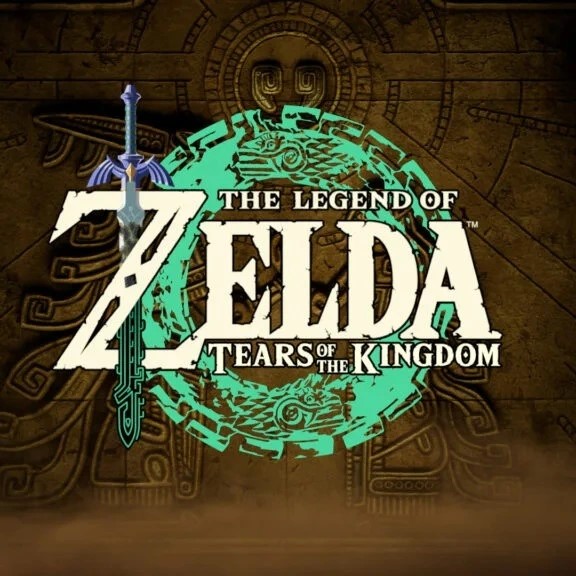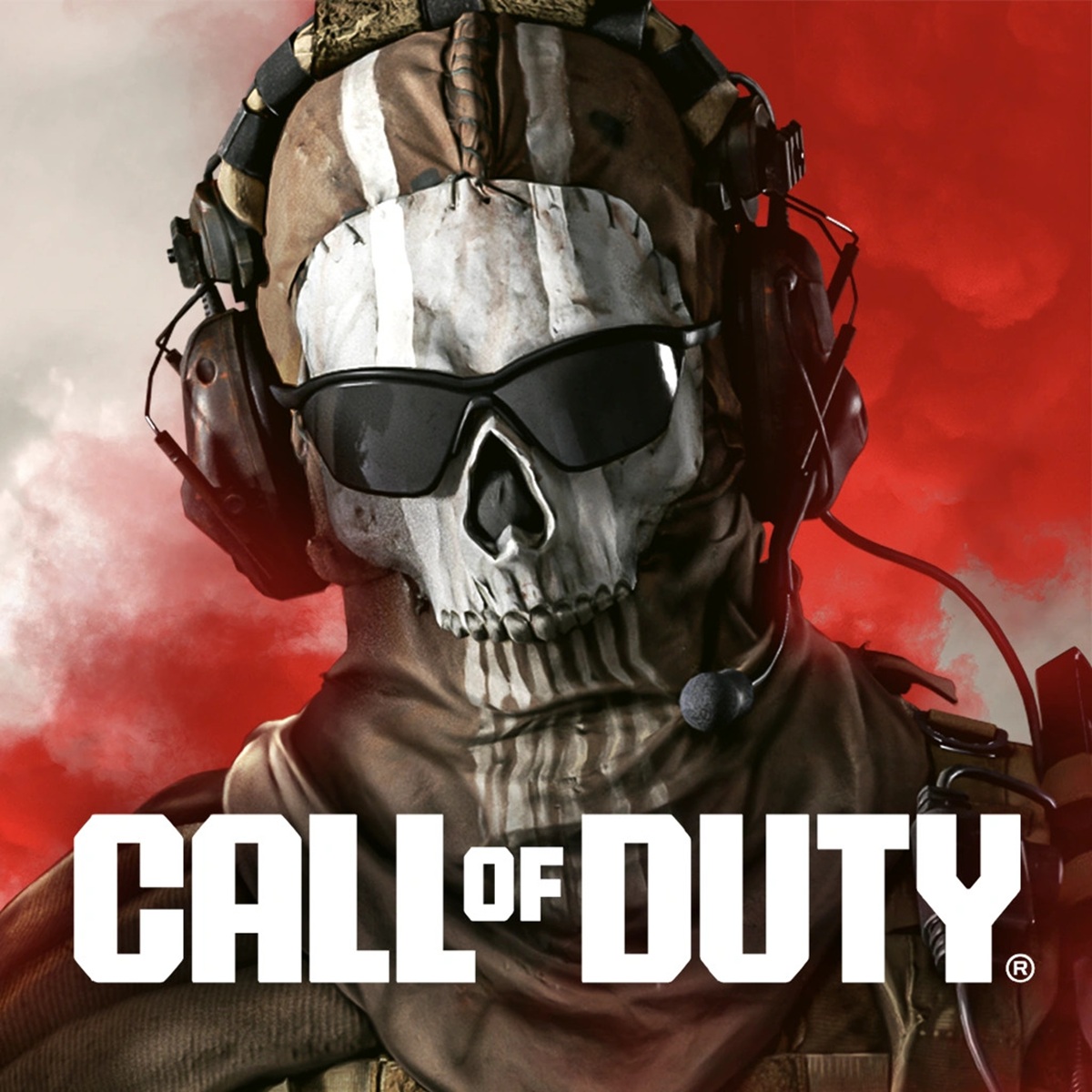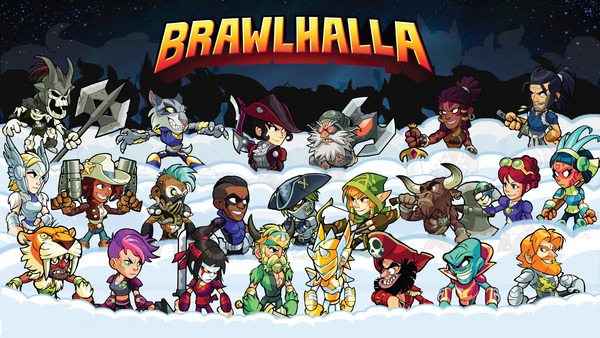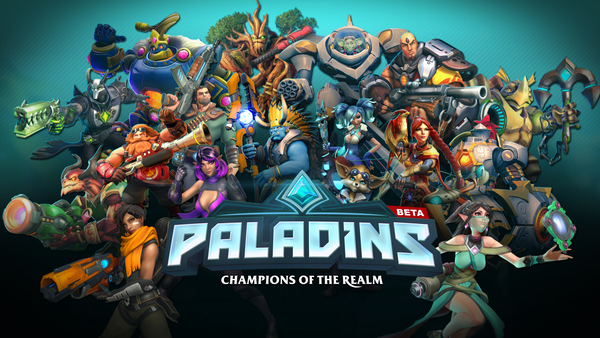In the world of
Paladins, a thriving team-based shooter, one of the most common frustrations among players is the issue of
matchmaking imbalance. Matchmaking, the system responsible for placing players of similar skill levels in the same game, plays a crucial role in ensuring fair and competitive matches. However, despite continuous updates and improvements, Paladins often suffers from imbalanced matches where one team may consist of highly skilled players, while the other is filled with lower-ranked or inexperienced players. This leads to uncompetitive matches, poor player experiences, and ultimately, player disengagement. In this article, we’ll explore the root causes of matchmaking issues, how they affect the gameplay experience, and what can be done to improve the system.
Understanding How Matchmaking Works in Paladins
Matchmaking in Paladins relies on several factors, such as player rank, skill rating, and queue times. The system is designed to match players of similar skill levels to ensure balanced games.
Skill Rating and Rank Discrepancy
One of the core components of matchmaking is a player’s
skill rating, which is used to determine their rank. Ideally, players of the same rank are paired against each other, ensuring a fair fight. However, issues arise when players are placed in matches where their rank doesn’t align with their actual skill level.
Rank Disparities in Matchmaking
Rank disparities are particularly noticeable when higher-ranked players end up in matches with significantly lower-ranked teammates. This often happens when players queue together with friends of different skill levels or during off-peak hours when the player base is smaller, forcing the system to broaden its search parameters.
The Impact of Unbalanced Matches on Player Experience
When matchmaking fails to create balanced teams, it significantly impacts the
gameplay experience for both teams. These imbalanced matches often result in one-sided games where the outcome is decided within minutes, leaving players frustrated and disengaged.
Frustration for Lower-Ranked Players
For lower-ranked players, being matched against significantly stronger opponents can feel overwhelming. These players often feel outclassed, unable to contribute meaningfully to the game, which leads to a poor experience and can even deter them from playing further.
Confidence and Skill Development
Imbalanced matches also hinder a player's ability to
develop their skills. Lower-ranked players are unable to learn and improve when constantly outplayed by more experienced opponents, leading to a stagnant skill curve and frustration.
Higher-Ranked Players and Boring Matches
For higher-ranked players, imbalanced matches are equally frustrating but for a different reason. Instead of facing challenging opponents, they are often matched against players who are not on their level, leading to unchallenging and boring games. This lack of competitive tension can lead to
burnout or disinterest in ranked modes.
How Queue Times Affect Matchmaking Quality
One of the biggest challenges in Paladins’ matchmaking system is finding a balance between
queue times and
match quality. In an ideal scenario, players would be matched quickly while still ensuring teams are balanced, but this isn’t always the case.
Long Queue Times
When the player base is low or during off-peak hours, players may face longer queue times as the system struggles to find players of similar skill levels. To counter this, the matchmaking system may expand its search criteria, pairing players with others of vastly different skill levels just to get them into a match.
Sacrificing Quality for Speed
While shorter queue times are always preferable, they often come at the cost of match quality. Players may end up in imbalanced matches where the difference in skill between the teams is too great, leading to an uncompetitive game that is frustrating for both sides.
The Trade-Off: Balance vs. Wait Time
The balance between
match quality and
wait time is a delicate one. Players may prefer shorter queue times, but if the result is an unbalanced match, it diminishes the overall enjoyment. On the other hand, longer queues that lead to more balanced games are more likely to result in a fairer and more satisfying experience.
The Role of Party Queue in Matchmaking Imbalance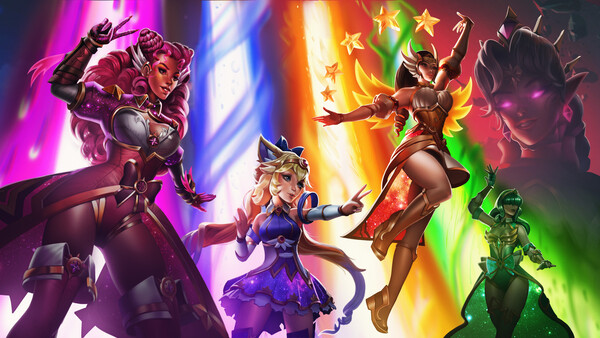
Another factor that contributes to matchmaking issues in Paladins is the
party queue system. When players group up with friends, especially if there’s a significant skill difference, the matchmaking system struggles to create balanced games.
MMR Discrepancies in Party Queue
When players of different skill levels group together, the system averages their MMR (Matchmaking Rating) to find suitable opponents. This can create uneven matches where the lower-skilled player is placed against much stronger opponents or vice versa.
Unevenly Matched Teams
If one team consists of a mix of high and low-ranked players while the other team is more evenly balanced, it can lead to
lopsided games where one team easily dominates the other. This is particularly frustrating for solo queue players, who have no control over the matchmaking of other players and can feel helpless in such situations.
Impact on Ranked Mode Integrity
Party queues also affect the integrity of
ranked mode, where players expect a fair and competitive experience. When party queues disrupt the balance of ranked matches, it diminishes the credibility of the ranking system, leading to a lack of trust in its fairness.
The Smurfing Problem: An Added Layer of Imbalance
Smurfing, where higher-ranked players create new accounts to play against lower-ranked players, exacerbates the matchmaking issue in Paladins. Smurf accounts can significantly disrupt the balance of games, leading to unfair matches.
The Damage Done by Smurfs
Smurf accounts allow experienced players to dominate games at lower ranks, creating an unfair and frustrating experience for true lower-ranked players. These games often end quickly, with the smurf player outperforming everyone else and throwing off the balance of the match.
Smurfs and Player Retention
The presence of smurfs can have a direct impact on
player retention. Newer or lower-skilled players facing smurfs are more likely to quit the game after several bad experiences, which in turn reduces the overall player base and worsens the matchmaking problem.
Hi-Rez’s Response to Matchmaking Issues
Hi-Rez Studios has acknowledged the ongoing issues with matchmaking in Paladins and has made several attempts to address them, including tweaks to the matchmaking algorithm and adjustments to queue times.
Matchmaking Algorithm Changes
One of the key solutions implemented by Hi-Rez is tweaking the
matchmaking algorithm to prioritize match quality over queue time. While this has led to longer waits in some cases, it has helped improve the balance of matches in others.
Community Feedback and Testing
Hi-Rez has also actively sought
community feedback on matchmaking issues, running tests and releasing patches aimed at addressing imbalances. These changes are often met with mixed results, as the community remains divided on the best way to resolve matchmaking problems.
The Role of Ranked Rewards in Motivating Play Despite Imbalances
Despite the ongoing issues with matchmaking, many players continue to engage with
ranked mode due to the rewards system. Ranked rewards provide players with exclusive skins, titles, and mounts, incentivizing them to push through imbalanced games.
Incentives to Keep Playing
The allure of ranked rewards helps mitigate some of the frustrations caused by matchmaking issues. Players are willing to endure a few bad games in pursuit of a higher rank and the rewards that come with it.
A Short-Term Solution
However, while ranked rewards can motivate players to keep playing, they are a short-term solution. If the core issues with matchmaking remain unaddressed, players may eventually stop playing, no matter how enticing the rewards may be.
Player Solutions: How the Community Can Help Improve Matchmaking
While much of the responsibility for fixing matchmaking falls on Hi-Rez, there are things that the
community can do to help improve the system.
Avoid Party Queues with Large Skill Gaps
Players can avoid contributing to matchmaking imbalances by refraining from queuing in parties with friends of significantly different skill levels. This simple action can help ensure more balanced matches, especially in ranked mode.
Provide Constructive Feedback
Players can also provide constructive feedback on forums and social media, helping Hi-Rez understand where the matchmaking system is failing. Detailed feedback, such as specific examples of imbalanced matches, can help the developers make targeted improvements.
What Can Be Done to Fix Matchmaking in Paladins?
Fixing the matchmaking system in Paladins will require a combination of changes from both the developers and the community. Some potential solutions include:
Adjusting the Matchmaking Algorithm
One potential solution is continuing to
adjust the matchmaking algorithm to ensure it prioritizes skill balance more effectively, even if it means slightly longer queue times.
Limiting Smurfing
Hi-Rez could also implement measures to
limit smurfing, such as introducing stricter account verification processes or penalizing players caught intentionally smurfing in lower ranks.
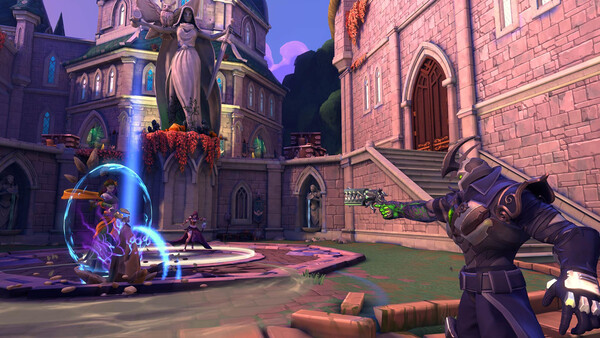
Conclusion
Matchmaking imbalance is one of the most significant issues in
Paladins, affecting both the
casual and
competitive player experience. Whether due to rank disparities, smurfing, or party queues, the system often creates unfair matches that frustrate players and lead to disengagement. While Hi-Rez has made some improvements to the matchmaking system, there is still much work to be done to ensure that matches are fair and competitive. Both the developers and the community need to work together to address these issues and improve the overall gameplay experience in Paladins.




 Free Fire MAX – Solara Map
Garena Free Fire MAX is the premium version of the mobile battle royale shooter, Garena Free Fire. It's specifically designed to deliver a more vibrant and realistic visual and auditory experience on high-performance mobile devices. More than just a simple graphical upgrade, it serves as a platform for Garena to introduce fresh, distinctive content, with the Solara Map – launched with the OB49 update (May 2025) – being a prime example.
Read full review
Free Fire MAX – Solara Map
Garena Free Fire MAX is the premium version of the mobile battle royale shooter, Garena Free Fire. It's specifically designed to deliver a more vibrant and realistic visual and auditory experience on high-performance mobile devices. More than just a simple graphical upgrade, it serves as a platform for Garena to introduce fresh, distinctive content, with the Solara Map – launched with the OB49 update (May 2025) – being a prime example.
Read full review
 Zoonomaly
Zoonomaly is more than just a breakout horror title—it's a case study in how gaming intersects with modern issues like digital ownership, consumer rights, insurance, and claim processes. As the industry continues to evolve, understanding your rights and protections as a player is more important than ever.
Read full review
Zoonomaly
Zoonomaly is more than just a breakout horror title—it's a case study in how gaming intersects with modern issues like digital ownership, consumer rights, insurance, and claim processes. As the industry continues to evolve, understanding your rights and protections as a player is more important than ever.
Read full review
 Rematch
Ignite the passion of football! Discover why a Rematch is the ultimate test of skill, strategy, and redemption in the beautiful game. Explore the drama, evolution, and unforgettable narratives of football's most anticipated encounters.
Read full review
Rematch
Ignite the passion of football! Discover why a Rematch is the ultimate test of skill, strategy, and redemption in the beautiful game. Explore the drama, evolution, and unforgettable narratives of football's most anticipated encounters.
Read full review
 RoadCraft
RoadCraft: Design, build & race custom vehicles in an open-world sandbox. Unleash your engineering skills, conquer diverse terrains & compete with friends. Your ride, your rules!
Read full review
RoadCraft
RoadCraft: Design, build & race custom vehicles in an open-world sandbox. Unleash your engineering skills, conquer diverse terrains & compete with friends. Your ride, your rules!
Read full review
 Wuthering Waves
Wuthering Waves is an open-world action role-playing game (ARPG) developed by Kuro Games. Set in a beautifully decayed post-apocalyptic world, the game blends high-speed combat, anime-inspired visuals, and deep storytelling. Players explore vast, vertical environments filled with ancient ruins, mysterious creatures, and fragments of lost civilization, while engaging in fast-paced battles using a mix of melee combos, elemental abilities, and a unique Echo system that lets you absorb powers from enemies.
Read full review
Wuthering Waves
Wuthering Waves is an open-world action role-playing game (ARPG) developed by Kuro Games. Set in a beautifully decayed post-apocalyptic world, the game blends high-speed combat, anime-inspired visuals, and deep storytelling. Players explore vast, vertical environments filled with ancient ruins, mysterious creatures, and fragments of lost civilization, while engaging in fast-paced battles using a mix of melee combos, elemental abilities, and a unique Echo system that lets you absorb powers from enemies.
Read full review
 Stumble Guys
Stumble Guys offers addictive, chaotic fun with vibrant visuals and simple mechanics. It’s a hit in the party game genre, with a bright future ahead.
Read full review
Stumble Guys
Stumble Guys offers addictive, chaotic fun with vibrant visuals and simple mechanics. It’s a hit in the party game genre, with a bright future ahead.
Read full review
















